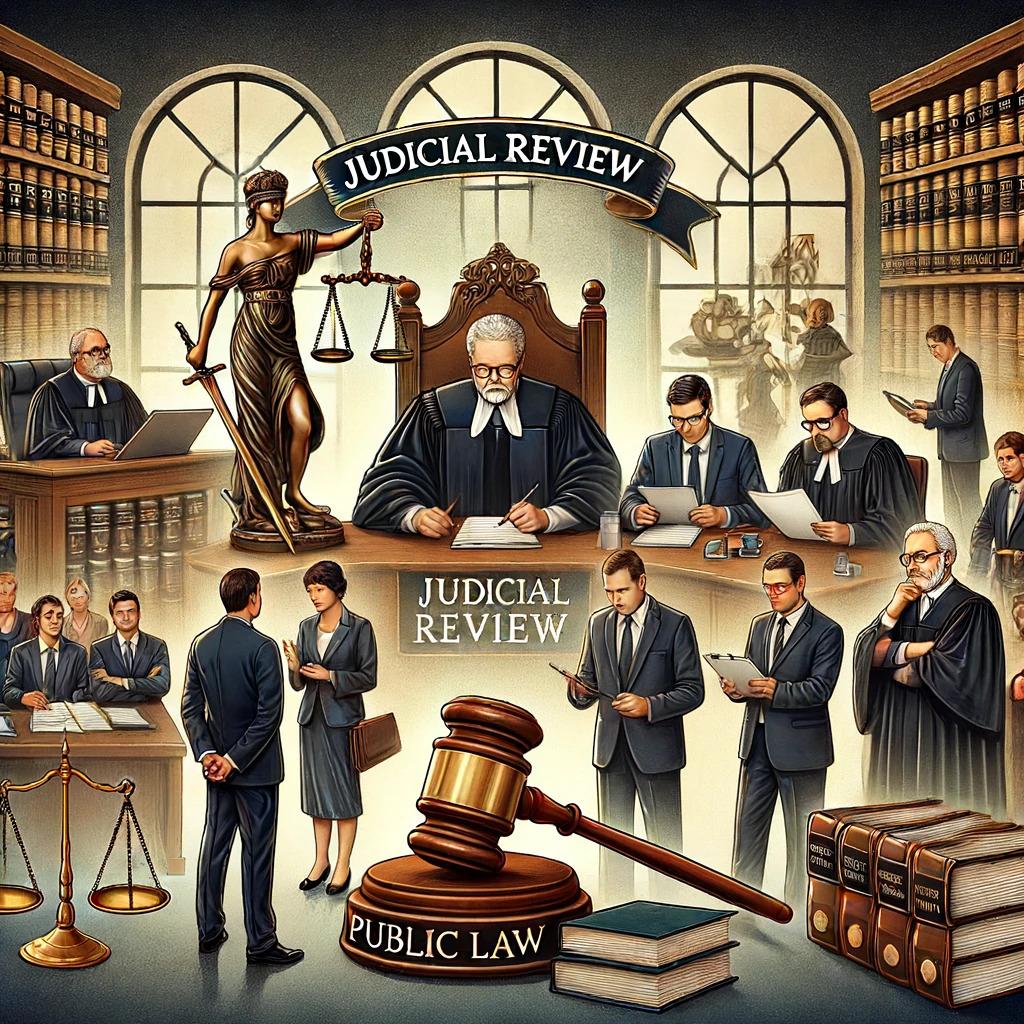Public entities, such as governmental departments, local authorities, and the majority of regulatory bodies, as well as quasi-public entities carrying out public functions, are subject to public law.
Define public law.
Public law encompasses the legal principles that regulate interactions between citizens and the government, as well as those interactions among citizens that directly affect society as a whole. In addition to all procedural law, public law consists of constitutional law, administrative law, tax law, and criminal law.
The purpose of public laws.
It is distinct from the body of law that regulates interactions between private companies and individuals (private law).
As a result, this field of law impacts the majority of us in our daily lives, from housing and benefits to parking tickets issued by the council.
This legislation regulates public bodies whose decision-making authority is typically derived from Parliament via the legislative process.
A public body will violate both public law and legislation if it implements a decision or take an action that is not authorised by law.
Define judicial review.
The Court holds public bodies accountable and determines whether decision-makers acted fairly, in good faith, rationally, and solely by exercising their authority for intended purposes primarily through judicial review. These are the "public law" principles that must be adhered to by all public decision-makers, including ministers and front-line officers.
In what ways may we be of assistance?
Should you have reason to believe that a public entity has engaged in unlawful conduct, we are prepared to assist you in navigating the appeals process established by the decision-maker and, if required, file an application for judicial review of the decision.
Our litigation team will try to resolve your matter as quickly and efficiently as possible. For more details contact us on 01206500181.
